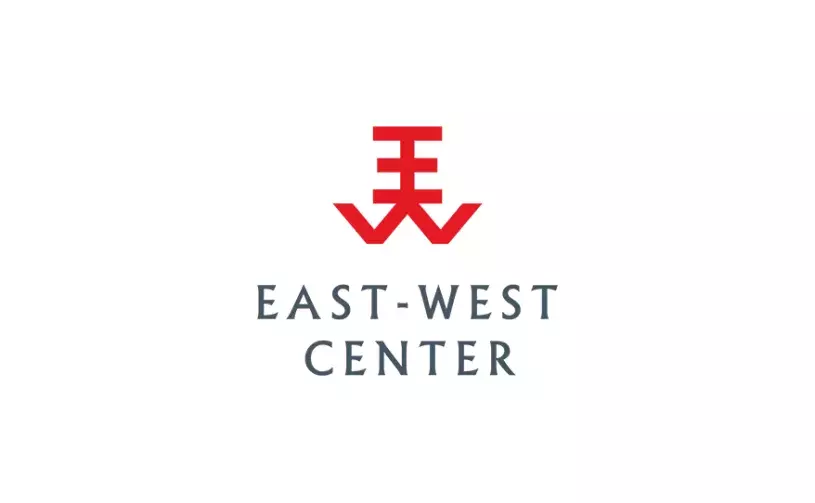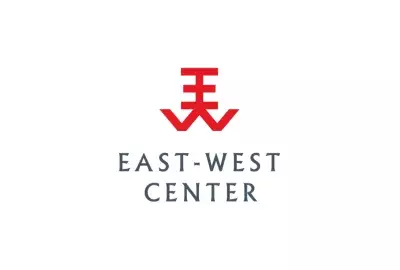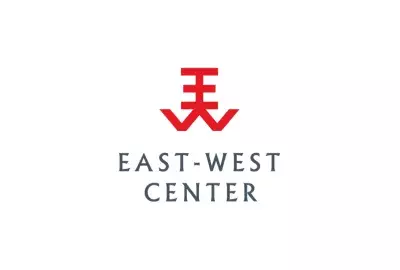Error message

Over the past decade, Japan-Korea tensions over their shared history have become a major cause for concern for analysts and practitioners of international relations. This working paper examines whether and how much Japan and Korea have "exported" their bilateral tensions to relations with member countries of the Association of Southeast Asian Nations (ASEAN); and the impact on Japan-ASEAN and Korea-ASEAN ties. This is done by analyzing the economic, political, and security ties between these nations, as well as public opinion and media coverage of Japan-Korea 'history issues' within ASEAN. This data is interpreted through a 'holistic constructivist' theoretical framework, which seeks to look at culture and social constructions as a causal factor in international relations. The primary findings of this study are that: 1) Japanese regional efforts are primarily directed at countering China, not Korea; 2) While using some similar methods to Japan, Korea is also trying to change perceptions in ASEAN through local events; and 3) ASEAN member states are either not interested in the dispute or have strong incentives not to take a public or official stance on 'Japan-Korea history' issues.
Over the past decade, Japan-Korea tensions over their shared history have become a major cause for concern for analysts and practitioners of international relations. This working paper examines whether and how much Japan and Korea have "exported" their bilateral tensions to relations with member countries of the Association of Southeast Asian Nations (ASEAN); and the impact on Japan-ASEAN and Korea-ASEAN ties. This is done by analyzing the economic, political, and security ties between these nations, as well as public opinion and media coverage of Japan-Korea 'history issues' within ASEAN. This data is interpreted through a 'holistic constructivist' theoretical framework, which seeks to look at culture and social constructions as a causal factor in international relations. The primary findings of this study are that: 1) Japanese regional efforts are primarily directed at countering China, not Korea; 2) While using some similar methods to Japan, Korea is also trying to change perceptions in ASEAN through local events; and 3) ASEAN member states are either not interested in the dispute or have strong incentives not to take a public or official stance on 'Japan-Korea history' issues.
East-West Center Working Papers: Governance, Security, and Justice Series






